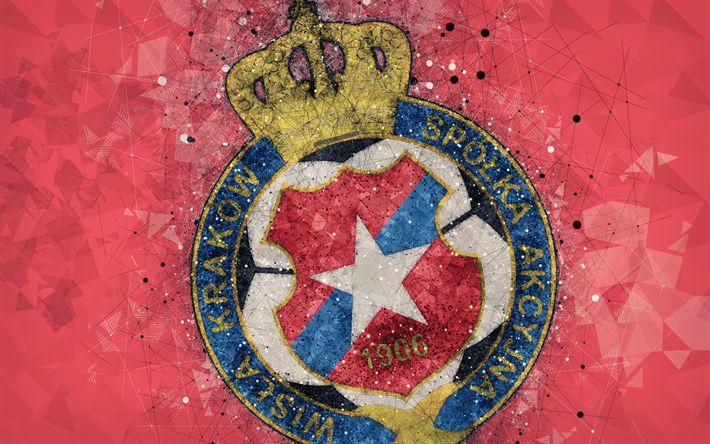
Wisła Kraków is one of Poland’s most historic and successful football clubs. With over a century of tradition, the club has shaped Polish football with its achievements, rivalries, and loyal fan base. Based in the city of Kraków, Wisła is known for its resilience, attacking style, and unforgettable moments both domestically and in European competitions.
Read more at: https://rr88.jp.net/
A Proud History Since 1906
Founded in 1906, Wisła Kraków is one of the oldest football clubs in Poland. The club’s long-standing presence in Polish football has made it a cultural and sporting symbol in Kraków and beyond. Throughout its history, Wisła has been associated with strong identity, community support, and a commitment to excellence on the pitch.
The early years of the club saw it rise quickly through the national football scene, and it eventually became one of the dominant forces in Polish football.
Championship Glory and Domestic Dominance
Wisła Kraków has claimed the Polish league title 14 times, making it one of the top three most decorated clubs in Poland. The club’s championship seasons include:
1927, 1928, 1949, 1950, 1978, 1999, 2001, 2003, 2004, 2005, 2008, 2009, 2011
The golden era for Wisła came in the late 1990s and early 2000s, when they consistently dominated the Ekstraklasa, Poland’s top-tier league. This period saw the club develop into a powerhouse, with a well-built squad, tactical intelligence, and a strong club structure.
In addition to league triumphs, Wisła has won the Polish Cup 4 times (1926, 1967, 2002, 2003) and the Polish SuperCup once, in 2001. These domestic honors highlight the club’s competitive nature and ability to succeed in both league and knockout formats.
Total Goals and Scoring Prowess
Wisła Kraków has scored over 4,000 goals in top-flight league matches, making it one of the highest-scoring clubs in Polish football history. This offensive strength has been a part of the club’s identity for decades, with a focus on fluid attacking play and dynamic forward lines.
Some of the most iconic goal scorers in the club’s history include:
- Kazimierz Kmiecik – the all-time top scorer for Wisła Kraków, with over 150 goals in league competition.
- Maciej Żurawski – key striker in the early 2000s, known for his technical skills and goal-scoring consistency.
- Tomasz Frankowski – part of the golden era, contributing greatly to the club’s title runs.
Wisła has long been known for producing or attracting talented Polish forwards, many of whom later became national team stars.
European Appearances
Wisła Kraków has also represented Poland in European competitions with pride. Although they haven’t won a European title, they have had several memorable campaigns, including:
- Reaching the quarter-finals of the UEFA Cup in 1978–79
- Narrowly missing out on the UEFA Champions League group stage several times in the early 2000s
The club’s performances against teams like Barcelona, Parma, and Real Zaragoza brought international attention and showcased the strength of Polish football.
The Fierce Kraków Derby
One of the defining elements of Wisła’s identity is its rivalry with Cracovia, the other major club from Kraków. Known as the “Holy War” (Święta Wojna), this derby is the oldest and most passionate football rivalry in Poland. The atmosphere during these matches is electric, and the games often carry immense historical and emotional significance for both sets of fans.
Stadium and Fan Culture
Wisła Kraków plays at the Stadion Miejski im. Henryka Reymana, with a capacity of over 33,000. The club’s supporters are among the most loyal and vocal in Poland, creating a vibrant and intimidating environment during home games.
The fans, known as “Biała Gwiazda” ultras, have supported the club through highs and lows, including recent challenges in the league standings.
Final Thoughts
Wisła Kraków is more than just a football club—it’s a symbol of history, pride, and perseverance. With 14 league titles, over 4,000 goals, and a century of influence in Polish football, the club’s legacy is secure. Whether battling for titles or rebuilding for the future, Wisła continues to inspire generations of fans and stand tall as one of Poland’s true footballing giants.

